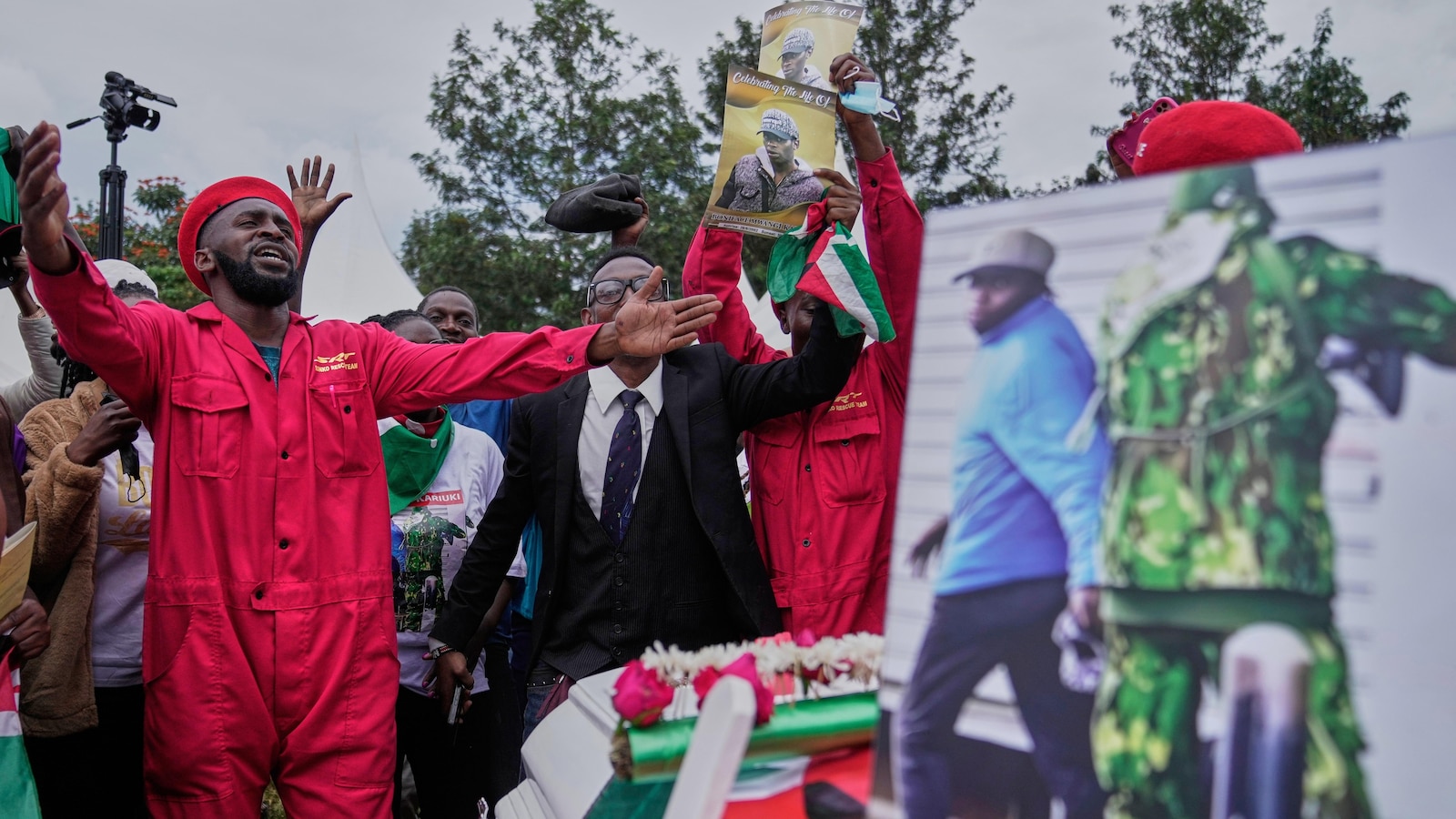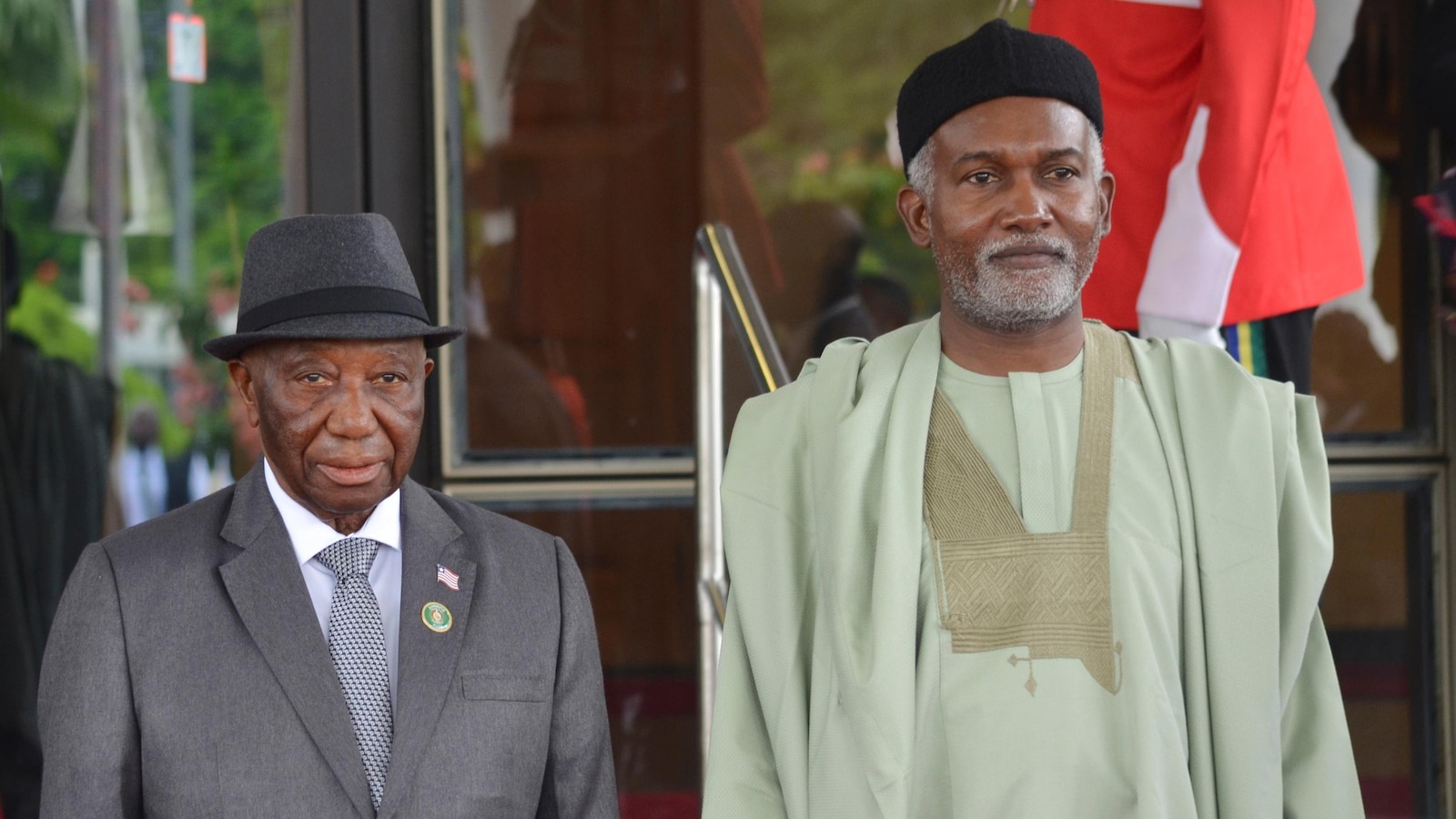The US and other Western countries have been reducing their funding, prioritising their defence spending instead.
The plight of Rohingya refugees in Bangladesh could rapidly deteriorate further unless more funding can be secured for critical assistance services, according to the United Nations refugee agency.
Bangladesh has registered its biggest influx of Myanmar’s largest Muslim minority over the past 18 months since a mass exodus from an orchestrated campaign of death, rape and persecution nearly a decade ago by Myanmar’s military.
“There is a huge gap in terms of what we need and what resources are available. These funding gaps will affect the daily living of Rohingya refugees as they depend on humanitarian support on a daily basis for food, health and education,” United Nations High Commissioner for Refugees (UNHCR) spokesperson Babar Baloch told reporters in Geneva on Friday.
The humanitarian sector has been roiled by funding reductions from major donors, led by the United States under President Donald Trump and other Western countries, as they prioritise defence spending prompted by growing concerns over Russia and China.
Baloch added: “With the acute global funding crisis, the critical needs of both newly arrived refugees and those already present will be unmet, and essential services for the whole Rohingya refugee population are at risk of collapsing unless additional funds are secured.”
If not enough funding is secured, health services will be severely disrupted by September, and by December, essential food assistance will stop, said the UNHCR, which says that its appeal for $255m has only been 35 percent funded.
In March, the World Food Programme announced that “severe funding shortfalls” for Rohingya were forcing a cut in monthly food vouchers from $12.50 to $6 per person.
More than one million Rohingya have been crammed into camps in southeastern Bangladesh, the world’s largest refugee settlement. Most fled the brutal crackdown in 2017 by Myanmar’s military, although some have been there for longer.
These camps cover an area of just 24 square kilometres (nine square miles) and have become “one of the world’s most densely populated places”, said Baloch.
Continued violence and persecution against the Rohingya, a mostly Muslim minority in mainly Buddhist Myanmar’s western Rakhine state, have kept forcing thousands to seek protection across the border in Bangladesh, according to the UNHCR. At least 150,000 Rohingya refugees have arrived in Cox’s Bazar in southeast Bangladesh over the past 18 months.
The Rohingya refugees also face institutionalised discrimination in Myanmar and most are denied citizenship.
“Targeted violence and persecution in Rakhine State and the ongoing conflict in Myanmar have continued to force thousands of Rohingya to seek protection in Bangladesh,” said Baloch. “This movement of Rohingya refugees into Bangladesh, spread over months, is the largest from Myanmar since 2017, when some 750,000 fled the deadly violence in their native Rakhine State.”
Baloch also hailed Muslim-majority Bangladesh for generously hosting Rohingya refugees for generations.




Leave a Comment